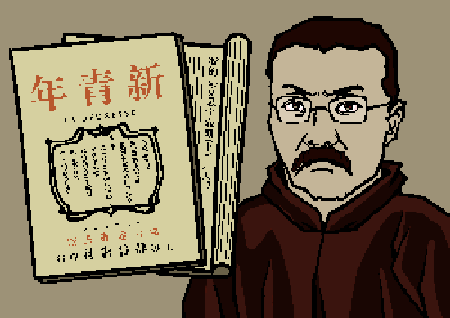The story of the gallows that were used to execute Li Dazhao, one of the founders of the Chinese Communist Party (CCP), became the most searched topic on China’s internet on June 18, shortly after the authorities launched a documentary series, which included Li’s story.
Chinese netizens seem to be interested in finding out why the CCP included Li’s story when celebrating its 100th anniversary, an extremely inauspicious sign for the Party.





